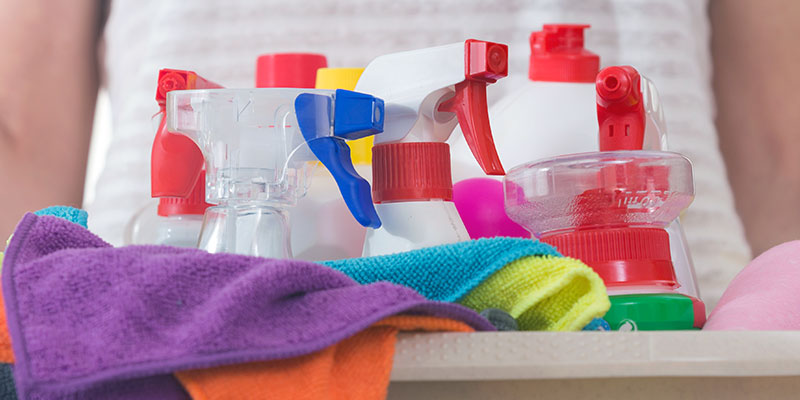Location
Our Idaho Location
Located in Boise, Idaho, Northpoint Recovery is proud to offer quality drug and alcohol detox as well as alcohol and drug rehab in the Treasure Valley.
- Idaho
2335 E. State Ave,
Meridian, ID 83642
This makes sense because they’re easy and legal to purchase, and most people actually already have them in their homes. In most cases, older children and teenagers who use cleaning fluids do so out of curiosity, but statistics show that they most likely come from dysfunctional families. These kids tend to be withdrawn socially, unless they’re with a group of like-minded, drug abusing friends.
Because cleaning fluids are generally either sniffed, huffed or snorted, they fall into the Inhalant category of drugs. Some of the most common types of cleaning fluids that are regularly chosen are aerosol sprays, paint thinners, spot removers, dry cleaning fluid and degreasers. At room temperature, these substances will vaporize, which makes them easy to use for the purpose of getting high.
Maybe you’ve been abusing cleaning fluids for a period of time, or perhaps you’re a parent of a child who may be abusing them. Either way, it’s important to understand the serious consequences of this type of abuse, as well as ways to get help through cleaning fluid addiction treatment.

You are at a great risk of becoming addicted to cleaning fluids with just one use of these substances. That means there is a very short window of time allotted for Cleaning Fluid abuse. Even short term use of Cleaning Fluids can have devastating consequences on the body, and this can include:
The high that’s experienced after using Cleaning Fluids is generally pretty short lived, but it’s also quite intense. As a result, many people tend to use cleaning fluids repeatedly in one session, increasing their risk for any of the above side effects.
Most insurance companies will cover 100% of the cost. We also help with financing. Call Now.
Verify InsuranceMany parents do a great job of warning their kids about the dangers of drugs, but when they talk with them, they tend to concentrate on only certain types of drugs. Parents will warn about the dangerous of alcohol, cocaine, and heroin are obvious, but not adequately warning kids about Cleaning Fluids and their addictive nature can lead them to use without fear of any harm.
If you’re a parent, you can identify whether or not your child has possibly been using cleaning fluids by observing the following Cleaning Fluid addiction behaviors:
Northpoint Recovery is a state of the art, comfortable and modern inpatient detox and drug rehab facility designed to help our clients get the help they need to overcome addiction.
 Call Now
Call Now
One of the most troubling effects Cleaning Fluids can have is within the brain. These chemicals are very powerful and incredibly potent, and they attack the brain with a vengeance. As a result, memory is often impaired and you may have difficulty thinking clearly. In addition, using Cleaning Fluids on a regular basis also has the potential of affecting your personality. You can also experience problems with your balance, hearing loss and depression.
A psychological dependence on Cleaning Fluids is more common than a physical one, but that doesn’t mean withdrawal symptoms won’t be an issue. The following Cleaning Fluid withdrawal symptoms are common:
Drug detox and Cleaning Fluid addiction treatment can minimize these symptoms and make it easier for you to recover.
At Northpoint Recovery, we offer some of the best Cleaning Fluid rehab options in the Pacific Northwest. To learn more, please contact us.

Our admissions coordinators are here to help you get started with treatment the right way. They'll verify your health insurance, help set up travel arrangements, and make sure your transition into treatment is smooth and hassle-free.
Verify Insurance